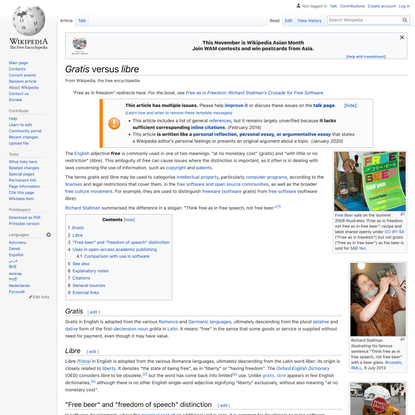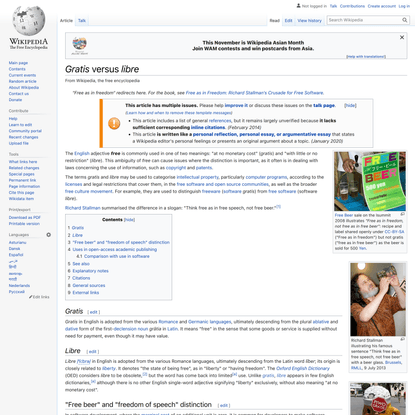Here are my ideas of how a relatively small "permacomputing company" could operate in the "age of abundance":
Accept software-related and other customer projects just like any average IT company, as long as they are in line with strict eco-ethical standards. Refuse to contribute to the wasteful use of resources, and strongly prefer doing things in sustainable and robust ways. Make these standards a part of the company brand.
Have long-term in-house research and development projects related to radically sustainable computing, both software and hardware. Convince investors about their vitality to the future of civilization. Also practice permaculture (or constantly co-operate with ones who do) and try to connect it to everything else that the company is doing.
Self-host everything you need for software work on local physical servers. This includes all networked applications as well as an extensive library of software and documentation (including repair manuals and OS distributions for all relevant hardware). Offer hosting services to make use of the surplus.
Produce as much of your own energy as possible with solar panels, wind turbines etc. Sell the surplus to the company that maintains the grid.
Repair and maintain all hardware by yourself. Maintain a storage facility for old/recycled hardware. Offer services related to repairing and recycling (in a small scale, for now). Maintain a hackerspace or constantly co-operate with one.
Support forms of culture that strengthen the status of radically sustainable computing/technology (e.g. hackerspaces, education, demoscene events, art projects that use "obsolete" hardware, etc.)
Make sure that many of the employees live close to the office. Maintain spaces that can be turned into apartments once transportation becomes more difficult.




